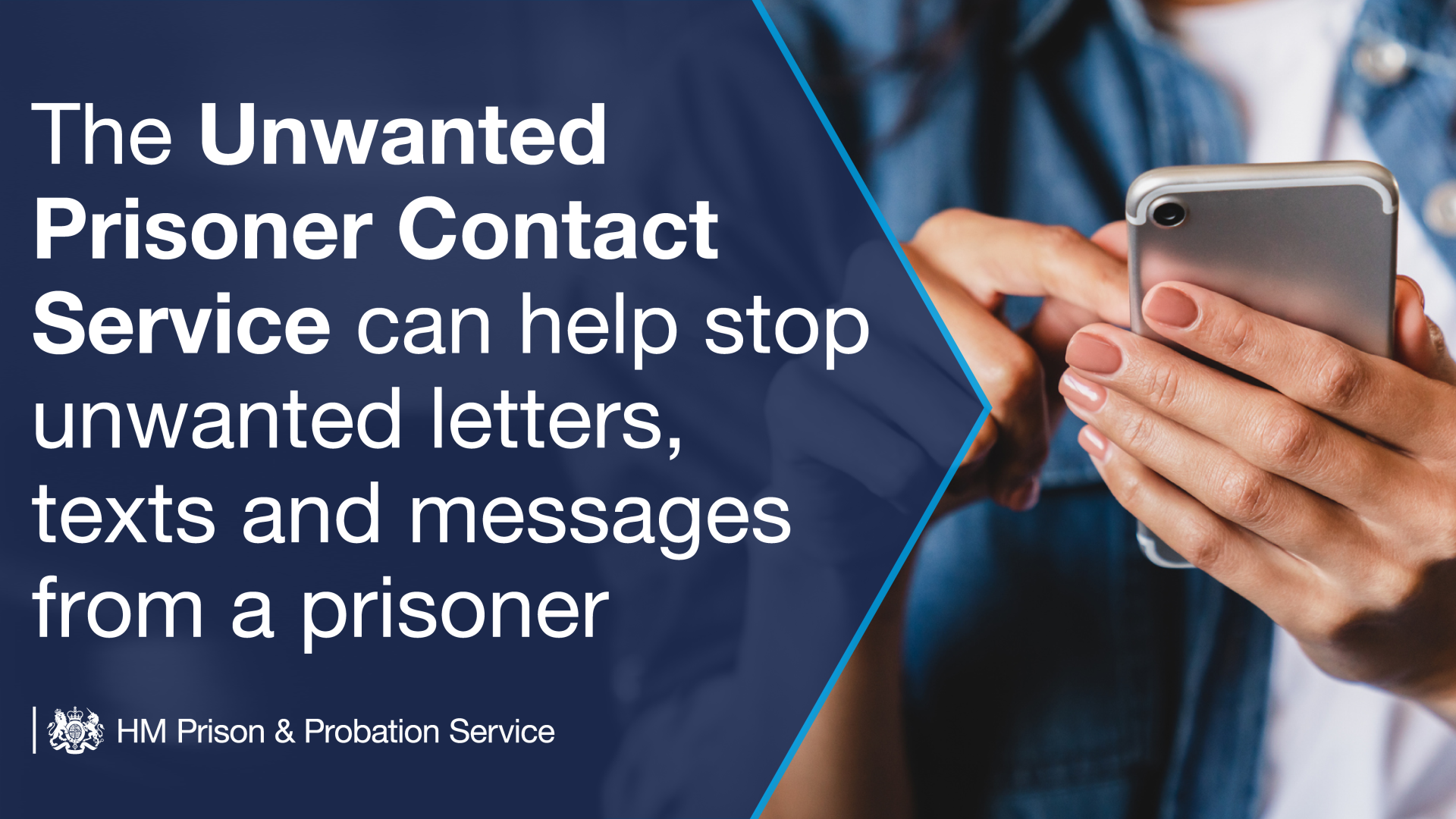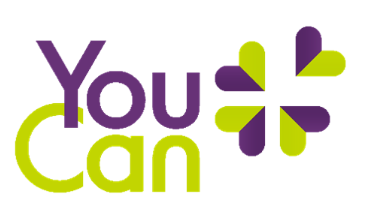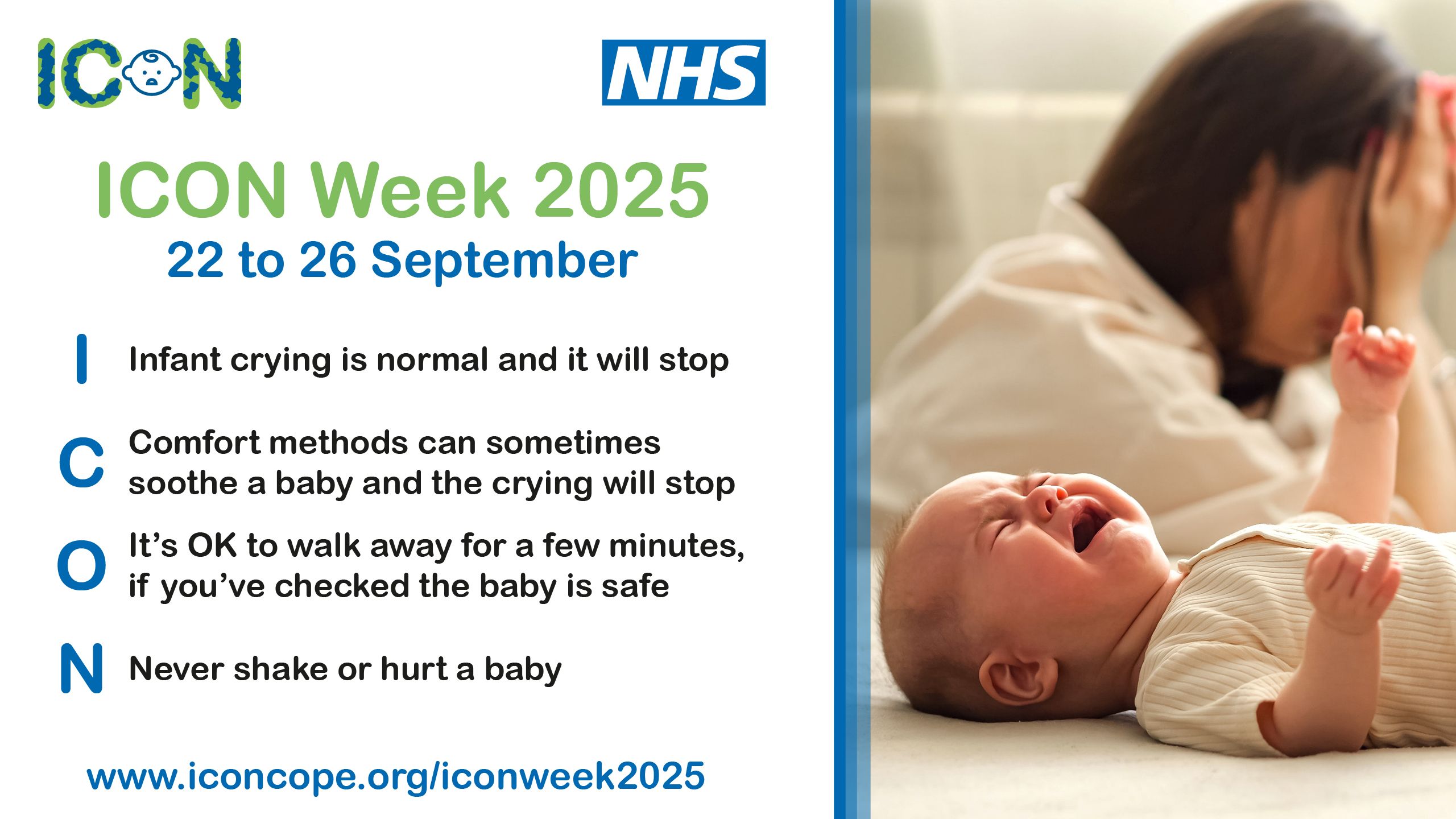Parent Helplines and Support

Let's Talk Well (Formerly TIC+) 
Let's Talk Well provides non-judgemental, face-to-face and online counselling services for young people aged 9-25, family counselling, parent support and psycho-educational workshops. The charity works hard to ensure that their service is as accessible as possible. See the Parent support group leaflet for more information.
Let's Talk Well provide a Parent & Carer Support Advice Line for free, confidential and anonymous advice during opening times for parents and carers who may be worried about their child's emotional well being, mental health or behaviour.
Parent and Carer Workshops - Are you worried about your child's wellbeing? Discover strategies to nurture resilience, guided by trained facilitators. These Free Support groups meet either face-to-face or virtually via TEAMS, weekly for 4 sessions (plus optional 5th) for 1.5 hours each in either the daytime or evening.
Further details including dates of support groups can be found on the new Parent and Carers page of Let's Talk Well's website.
Resources and Support for Parents, Carers, and Families:
- GCC Early Years information for parents and carers subjects including, support with the Graduated Pathway and funding processes plus much more;
- Young Minds Parents Helpline is a free helpline offering confidential, expert advice: 0808 802 5544;
- Family Lives is the membership body for parenting support and education. It exists to achieve better parenting by raising awareness of parenting issues and improving the performance of the parenting workforce;
- Parent Zone is devoted to providing expert information to families and schools, focussing on the impact of digital technologies on families;
- Thinkuknow for Parents can help with talking to your child about sex, relationships, and their lives online;
- Family Man offers proven parenting strategies developed alongside leading global child behaviour experts and designed with dads in mind;
- Macmillan Telephone Buddies provides support if you need to talk about your cancer via a weekly call from a Telephone Buddy. Find out more and sign up on the MacMillan Telephone Buddies website or call the support line on 0800 808 0000 (available 7 days a week, 8am-8pm);
- Confident Championing is a grounded theory of parental adjustment following a child's diagnosis of developmental disability.
- 10 questions to ask a teenager to start an important conversation An article with advice from experts in teen mental health on how to talk with adolescents.
- Teen mental health: When to seek help and what parents can do An article with expert advice on when and where to seek support if a teenager is struggling with their mental health
- Counselling Directory - Trusted platform that lists over 27,000 verified counsellors and psychotherapists, all of whom are registered with recognised professional bodies. Whether you are looking for someone local, in-person support or the convenience of online counselling, this site makes it easier to find the right help. They also signpost free and low-cost counselling options to ensure support is accessible to everyone.
Money, The Cost-of-living Crisis and Mental Health
Information on the links between money and mental health, how to support your child's wellbeing and look after yourself in the cost-of-living crisis, and where to find practical and financial support for your family.
Money, the cost-of-living crisis and mental health | YoungMinds
Slang Dictionary
St Giles slang dictionary
Unwanted Prisoner Contact
The Unwanted Prisoner Contact (formerly Victims Helpline) is a national service that prevents victims including survivors of domestic abuse, or any member of the public, receiving unwanted contact from prisoners.
It is a hugely important service. It protects victims and witnesses from unwanted contact. This is especially important if the victim is vulnerable or subject to controlling or coercive behaviour, exploitation, harassment, or intimidation. Preventing contact is critical in stopping further harm or trauma, maintaining confidence, and supporting prosecutions.
Unwanted prisoner contact briefing sheet
Information, Training and Resources for Practitioners Supporting Families
The Information for Practitioners webpage provides a centralised point of reference for professionals. This section has been designed to support work with families to ensure that practitioners have the most current information.
A Parent Relatonships Matter Programme is available to help practitioners support adults experiencing inter-parental conflict, in order to minimise consequential negative and long-lasting implications on children and young people in the family. The programme covers:
-
Defining parental relationships
-
The impact of delayed conflict resolution
-
Distinguishing between conflict and domestic abuse
-
Why or when to get involved with other people's relationships
Practitioners can book Parent Relationships Matter (PRM) training via this webpage.
Promote the programme and training in your setting with the following posters:
MS Society Community Connections Project 
The MS Society Community Connections Project provides support for those living with and affected by Multiple Sclerosis. Click here to see their leaflet which details support available from guidance on finances, support with referrals, welbeing advice and personalised help from the team.
April is Stress Awareness Month
The Mental Health Foundation have a helpful guide on "How to manage and reduce stress" full of information about the mental health impact of stress, coping strategies and worksheets to help identify what is causing you stress and how to work through them.
Or there is "How to look after your mental health using mindfulness" which you can download for free.
The Oxford Mindfulness Centre has free audio mindfulness sessions as well as links to books and other resources.
How to talk about mental health with young people 
New guides for parents and carers on how to talk to young people about their mental health and how to prepare for a meeting with GPs, CAMHS or other professionals.
How to talk to your child about mental health Guide
Preparing to meet a mental health professional Guide
Well being Training for Parent Carers 
Gloucestershire Carers Hub are promoting the new "YouCan" series of four virtual sessions designed specifically to help Parent Carers build and maintain positive wellbeing. These sessions aim to offer a supportive and accessible space to connect, learn practical skills, and develop strategies to navigate the challenges and joys of your crucial role. There are options for attending online or in person fitting the sessions around your busy schedule.
To find out more and how to book see here
ICON Week 2025 
ICON is all about helping people who care for babies to cope with crying. This years ICON Week runs from 22nd to the 26th of September and the theme is Mental Health and Staying Calm- focusing on the importance of emotional regulation, helping parents and carers recognise when they're feeling overwhelmed and take steps to calm themselves before responding to a crying baby.
ICON stands for ….
I Infant crying is normal
C Comforting methods can help
O It’s OK to walk away
N Never, ever shake a baby
Tagged under: parents, carers, families, children, young people, teens, teenagers, kids, tweens, helpline, support groups, tic+, talk well, helplines, support, advice, MacMillan, Family Man, sex, relationships, internet safety, MS, Multiple Sclerosis, stress, mental health, parent carer, ICON, Infant Crying, Coping,
Was the information on this page helpful? 


